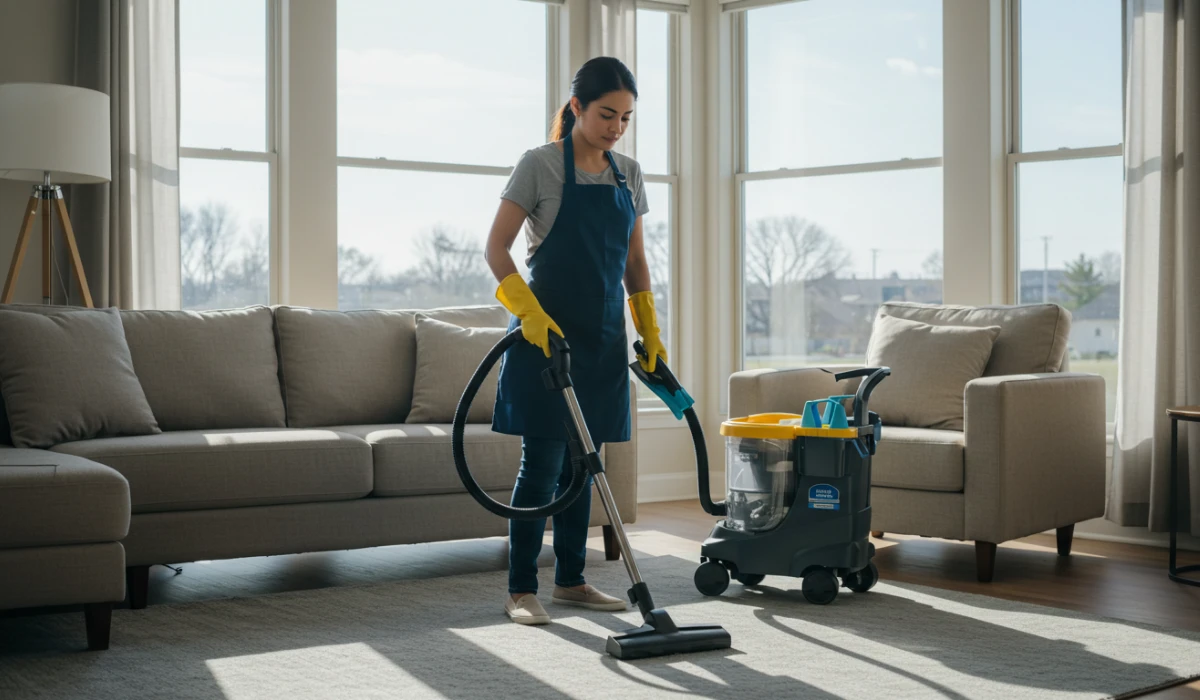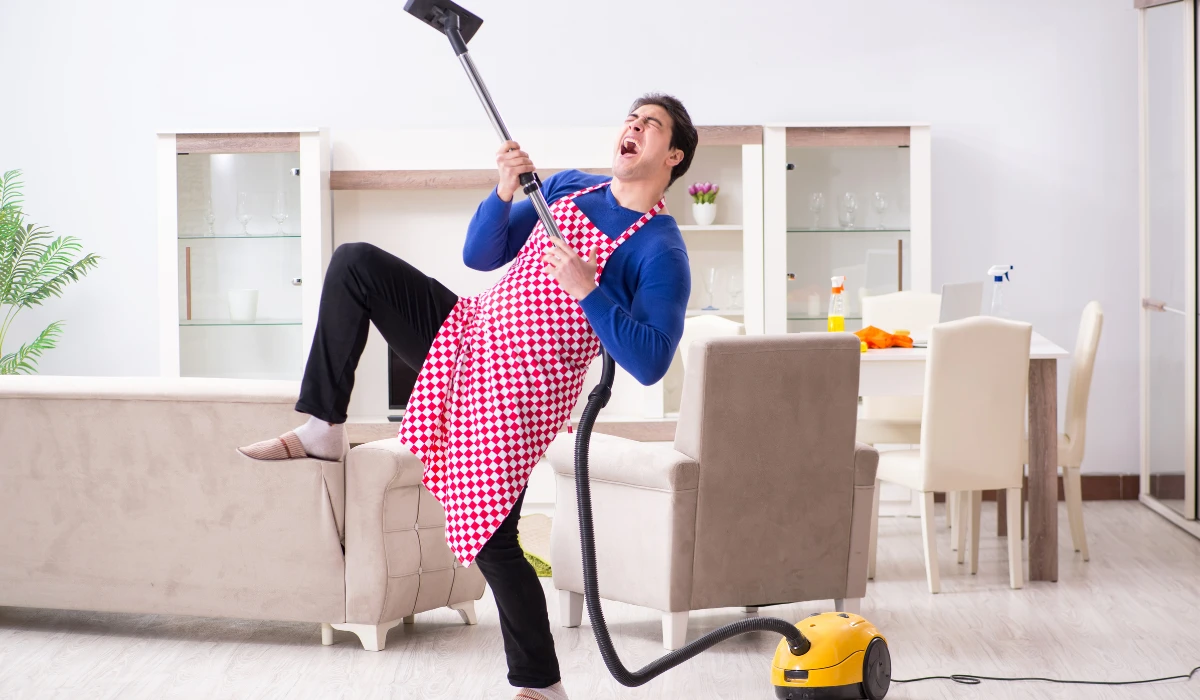When was the last time your vacuum got maintenance?
If your answer is “never” or “I just empty the bin,” we need to talk.
Most office vacuums are not designed for high-traffic, commercial use. In fact, those cheap vacuums often do more harm than good. They recirculate dust, miss allergens, and worst of all—create a false sense of cleanliness.
You think it’s clean because it “looks” clean. But you’re breathing what it didn’t catch.
Here’s What You’re Not Being Told (but should be):
- Household vacuums lack HEPA filters—ours are industrial-grade and certified.
- Poor maintenance = contaminated interiors. Your cleaning team might be spreading bacteria room to room.
- A $150 vacuum is not designed to run 6+ hours a day. But yours does.
- Pet dander, mold spores, toner dust, allergens—yes, they’re still floating around.
Why Our System Is Different:
We use professional vacuum units that:
- Are sealed and maintained weekly.
- Filter 99.97% of particles as small as 0.3 microns.
- Protect your staff and clients from hidden irritants.
- Extend carpet and floor life significantly.
It’s not about being fancy. It’s about being safe, consistent, and serious.
Ideal for:
Offices, coworking spaces, health clinics, medical reception areas, law firms, churches, government offices
FAQ:
1. What’s the difference between a HEPA vacuum and a regular one?
HEPA vacuums trap microscopic particles. Regular vacuums don’t. That’s the difference between “clean air” and “invisible junk.”
2. Do I really need commercial cleaning if I already have a janitor?
Yes. Janitors don’t always use certified gear. We work with janitors, not against them, to cover what they usually can’t.
3. How often should my business get a deep vacuum treatment?
At least once a week if there’s daily foot traffic. More if there are pets, dust-prone materials, or carpet everywhere.


